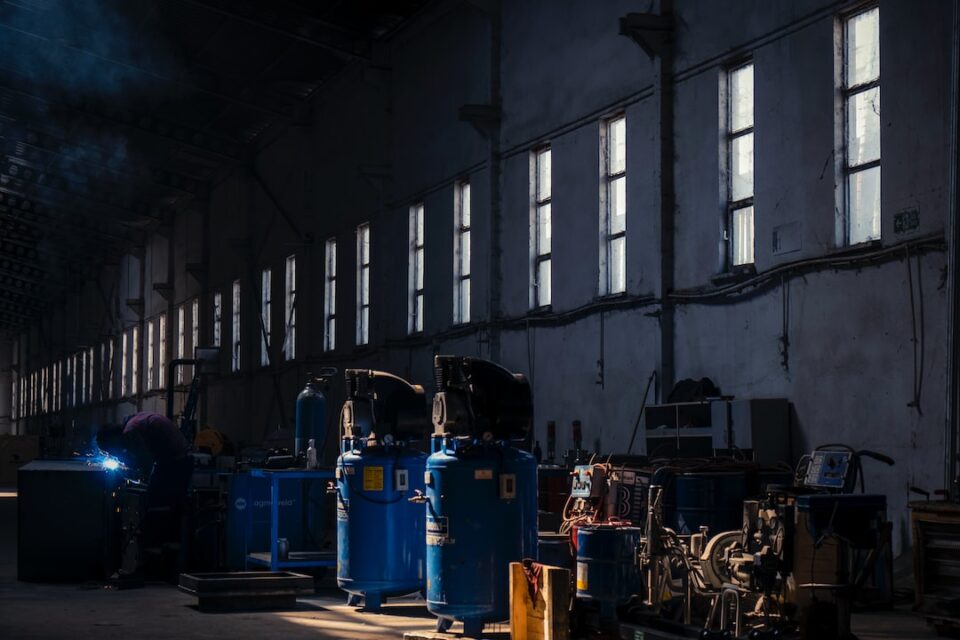Sustainable Manufacturing: Eco-Friendly Solutions for a Greener Future
In recent years, the world has become increasingly aware of the environmental ramifications of industrialization and manufacturing processes. As a result, there has been a growing demand for sustainable manufacturing practices that prioritize eco-friendliness and work towards creating a greener future.
Sustainable manufacturing refers to the method of producing goods in an environmentally responsible manner while minimizing the use of resources, energy, and waste generation. It involves the implementation of various strategies and technologies that reduce carbon emissions, conserve natural resources, and promote a circular economy.
One of the key aspects of sustainable manufacturing is the adoption of cleaner and renewable energy sources. Factories and manufacturing plants are notorious for their high energy consumption, which contributes significantly to greenhouse gas emissions. To counter this, businesses are increasingly turning to renewable energy sources such as solar, wind, and hydroelectric power to meet their energy needs. By transitioning to clean energy sources, manufacturers can reduce their carbon footprint, mitigate climate change, and reduce dependence on fossil fuels.
Additionally, sustainable manufacturing places great emphasis on resource conservation. This includes the efficient use of raw materials, water, and energy throughout the production process. By optimizing these resources, manufacturers not only reduce their environmental impact but also cut down on costs. For instance, implementing advanced recycling and waste management systems can result in significant savings for manufacturers and contribute to the creation of a circular economy.
Waste reduction and recycling are also critical components of sustainable manufacturing. By carefully managing waste streams, manufacturers can reduce the amount of waste sent to landfills and incineration facilities, thereby minimizing the release of harmful substances into the environment. Implementing waste reduction techniques such as lean manufacturing practices and reusing materials not only reduces environmental impact but also enhances overall efficiency and contributes to a more sustainable manufacturing process.
Furthermore, sustainable manufacturing practices extend beyond the production phase and encompass the entire life cycle of a product. This means considering the durability, repairability, and recyclability of a product from its design stage. Designing products for longevity, ease of repair, and end-of-life recyclability ensures that resources are not wasted and products do not end up in landfills prematurely. By embracing circular design principles, manufacturers can contribute to a more sustainable economy and reduce the strain on natural resources.
The implementation of sustainable manufacturing practices is not only beneficial for the environment but also for businesses themselves. Adopting eco-friendly solutions can result in significant cost savings by reducing energy consumption, waste disposal costs, and raw material usage. Additionally, sustainable manufacturing practices often improve overall efficiency, reduce production errors, and enhance product quality, leading to increased customer satisfaction and market competitiveness.
Government policies and regulations play a significant role in driving sustainable manufacturing practices. By incentivizing and supporting businesses to adopt eco-friendly solutions, governments can accelerate the transition to a greener future. This can be done through tax incentives, grants, and the implementation of sustainable manufacturing standards and certifications. Encouraging collaboration and knowledge sharing among businesses, industry associations, and research institutions is also crucial in promoting sustainable manufacturing practices.
In conclusion, sustainable manufacturing offers a pathway towards a greener future. By incorporating renewable energy sources, conserving resources, reducing waste, and embracing circular design principles, manufacturers can mitigate their environmental impact, reduce costs, and contribute to the creation of a more sustainable economy. As consumers become increasingly conscious of the environmental consequences of their purchasing choices, businesses that prioritize sustainability will likely enjoy a competitive edge in the market. Now is the time for manufacturers to take the lead in sustainable manufacturing practices and help shape a greener future for generations to come.

